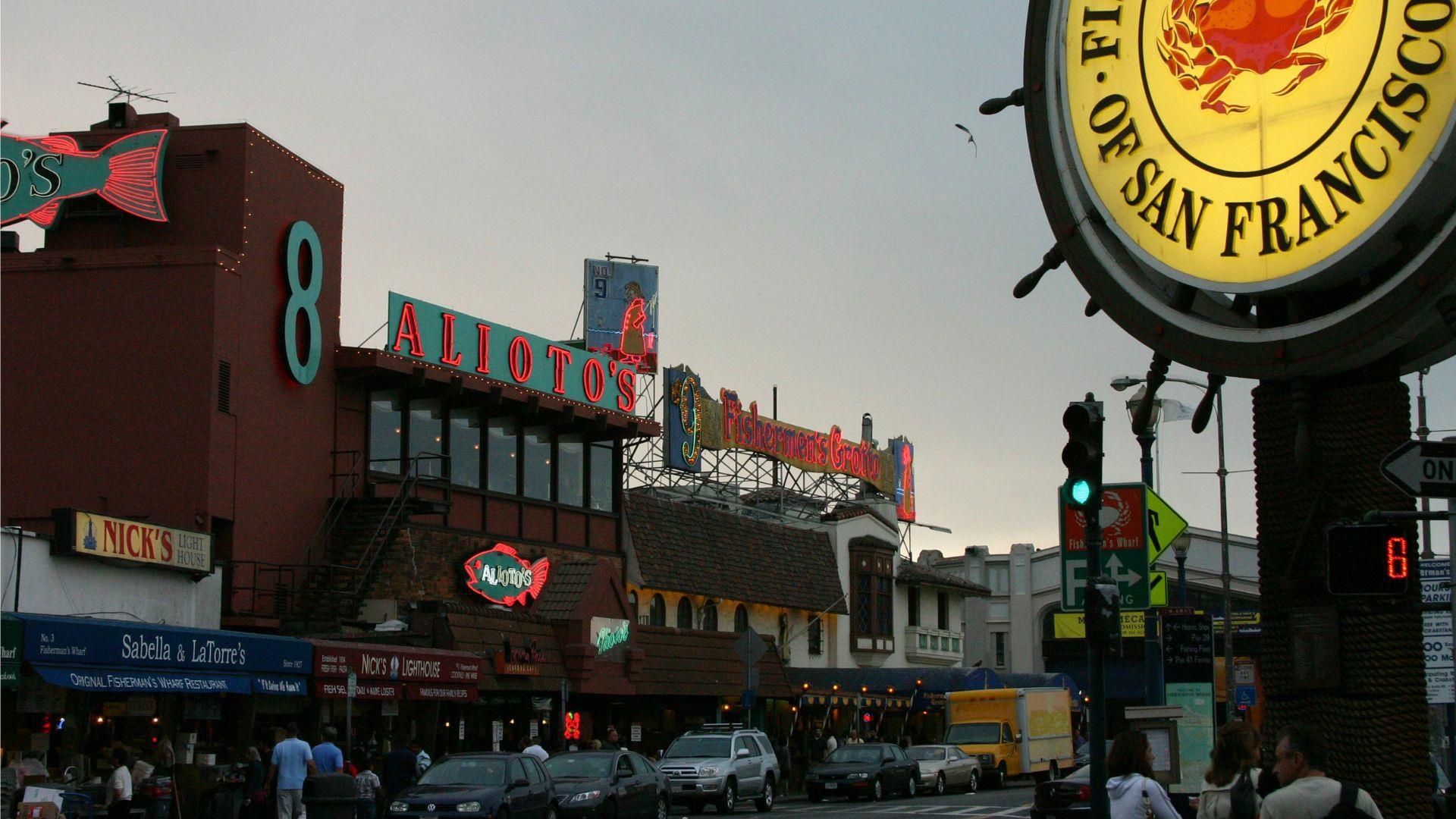California is set to enforce a new law that prohibits undisclosed service charges, commonly known as “junk fees.”
This legislation, signed by Governor Gavin Newsom, aims to ensure that prices displayed for services and goods, particularly in the restaurant and delivery sectors, are transparent and final.
California’s New Law Takes a Stand

Attorney General Rob Bonta, who co-sponsored the legislation, emphasized the need for this law, stating that deceptive price advertising is a significant issue that affects consumer trust and market fairness.
The legislation, Senate Bill 478, is poised to reshape how businesses, including restaurants and delivery services, present their pricing to customers.
Impact on Restaurant Menu Prices

With the forthcoming law, restaurant owners are expressing concerns about the necessity to increase their menu prices significantly, Fox Business reports.
The new regulation mandates the inclusion of previously separate surcharges into the listed prices, compelling restaurateurs to adjust their pricing structures.
Challenges Faced by the Restaurant Industry

Restaurant owners in California are navigating a complex challenge of rising operational costs and stringent regulations.
The new law adds another layer of complexity, forcing them to reassess their pricing strategies. Caroline Styne, an award-winning restaurateur, shared with the LA Times the pressures of managing a restaurant in such an environment, highlighting issues like labor costs, regulatory burdens, and the thin profit margins that characterize the industry.
Specific Concerns in San Francisco

In San Francisco, known for its stringent local laws on business operations, the impact of the new state law could be particularly pronounced.
Laurie Thomas from the Golden Gate Restaurant Association said, “I think that in areas like San Francisco that have higher mandated laws that put costs on small restaurants — the extra healthcare spend, the extra sick pay, the extra paid family leave — all the stuff we pay for that people aren’t even aware of, it’s gonna have to make us put prices higher.”
Seeking Clarity and Preparing for Change

Many restaurant owners and stakeholders are looking for more information on how to implement the new law effectively.
Stakeholders are actively seeking guidance on how to adjust their business practices to remain compliant while continuing to serve their customers effectively, with Thomas sharing that, “A lot of people are reaching out for clarity, there’s a lot of frustration.”
Revised Regulations for Food Delivery Services

The new law also dictates changes for food delivery platforms, requiring them to disclose all fees upfront. This measure aims to eliminate any surprises for consumers regarding the final cost of their orders.
The law mandates that delivery services clearly itemize all charges, promoting transparency and potentially altering how these platforms structure their pricing.
Consumer Protection and Market Fairness

By enforcing this legislation, California aims to protect consumers from misleading pricing practices and enhance market fairness.
Attorney General Bonta highlighted the significance of this move, saying “These deceptive fees prevent us from knowing how much we will be charged at the outset, they are bad for consumers and bad for competition … With the signing of SB478, California now has the most effective piece of legislation in the nation to tackle this problem. The price Californians see will be the price they pay.”
Transition Period for Businesses

Businesses have been granted a transition period until July 1st to adapt to the new law. This interim allows restaurants and delivery services to modify their pricing structures and operational practices to ensure full compliance.
The state has indicated that further guidance will be provided to assist businesses in making these adjustments smoothly and efficiently.
Anticipated Effects on Consumer Behavior

FOX LA notes that the law’s implementation might lead to changes in consumer behavior, with potential shifts in dining and ordering patterns due to the adjusted pricing.
While the aim is to enhance transparency, the increase in upfront costs could influence how often consumers choose to dine out or order food, affecting the overall demand in the restaurant and delivery sectors.
Concerns About Restaurant Viability

There is growing concern among industry professionals that the increased financial pressures from the law could threaten the survival of some restaurants.
The additional costs from integrating surcharges into menu prices may strain the already tight margins many eateries operate within, posing a risk to their ongoing viability.
Balancing Act Between Transparency and Economic Impact

The law represents a crucial balance between ensuring pricing transparency for consumers and managing the economic implications for businesses.
As restaurants and delivery services navigate these changes, the broader impact on the state’s food industry remains a focal point of attention.
